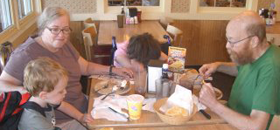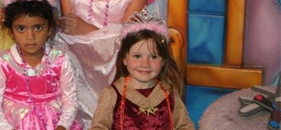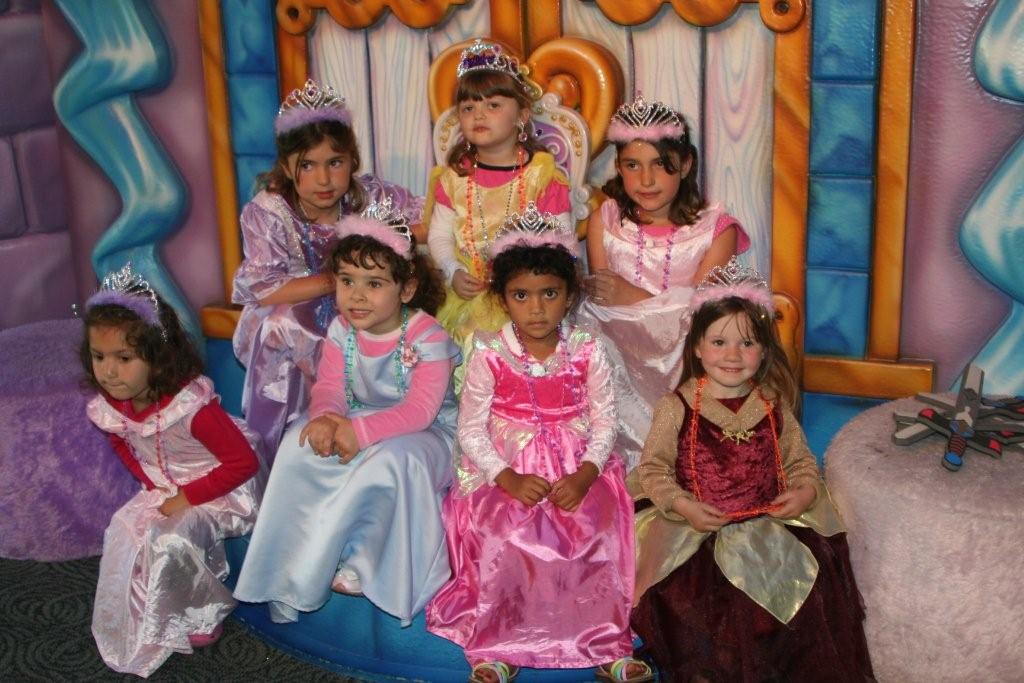
Navigating the Ebb and Flow of Grief
Years have passed since my daughter’s death, and I thought it would be easier than this.
The intense grief during those early days and months made it feel like I couldn’t survive this loss. Yet I saw people in support groups who’d lost loved ones years before who seemed okay. They looked almost “normal” again and told me it wouldn’t always be like this. “You learn to live with the pain, and it will lessen over time.”
They said I’d eventually find happiness again, and I’d create a “new normal.”
And they were right.
It’s been years of hard work to soften my grief. Counselors and support groups were a huge help for me. I looked for ways to express my pain so it wouldn’t consume me. I volunteered my time with The Compassionate Friends and created my own grief support website.
Along the way, I’ve given myself permission to smile once more and allowed joy to enter my heart again. I have consciously tried to focus my energies on remembering my daughter’s life rather than only looking at the pain her death has brought.
And yet grief remains a constant part of my life.
Grief is fickle, unpredictable, and indifferent to whatever mood I’m in.
Most days my grief lies dormant under the activities of everyday life. Little triggers continually remind me its there. Triggers like a sad news story on the TV or a girl at the park who reminds me of my daughter. But I can go about my regular routines with no interruptions.
Other times, the triggers are bigger. In those cases, the grief bubbles up and takes over my mood. Tears well up behind my eyes, ready to release at the first opportunity. My patience seems to evaporate and everyday tasks become cumbersome, meaningless, and even difficult. Usually the bursts of grief from larger triggers only last a few hours or at most a few days.
But sometimes it lingers and grows.
Years after her death, I didn’t expect to encounter triggers that make me feel like a return to the debilitating early days of grief.
Feelings of sadness, pain, lethargy, and dis-interest in things I normally enjoy. Going to work becomes a struggle. Even taking care of my kids feels like a burden.
I know these periods require extra attention and care. I navigate through them best I can, asking for support along the way. I just wonder if these episodes will ease over time, or if I should just expect them to become a permanent fixture of my “new normal” life?
If the death of my daughter has taught me anything – and it has taught me A LOT – it’s that we have more inner strength than we can ever imagine. And with time, attention, and support, we can navigate through just about anything life might throw at us.






 This website was inspired by the memory of Margareta Sol Kubitz in hopes of helping others work through the pain of grief.
This website was inspired by the memory of Margareta Sol Kubitz in hopes of helping others work through the pain of grief.